Protect the Baltic Sea in everyday life
Protect the underwater biodiversity of the Baltic Sea and reduce environmental emissions by making sustainable choices in your daily life. The more people commit to acting responsibly on land, and at sea, the more effective our actions will be. Here are ten ways to protect the Baltic Sea – choose some and start protecting the sea daily.
CHOOSE
You can protect the Baltic Sea in many ways.
Choose the ones that best suit your daily life.
ACT
Commit to making your chosen action part of your everyday life. We can all contribute with concrete action.
TELL
Tell people about the Baltic Sea – let your friends know about its beauty and problems. Share your knowledge with your friends and family.
Establish a private conservation area
If you own an area of water, you can help the Baltic Sea by establishing a private conservation area. In 2019, more than 600 private conservation areas were established in Finnish marine areas. But we still need more: in addition to the threats posed by eutrophication and climate change, biodiversity is also being endangered by a broad range of operational pressures in the Baltic Sea.
Establishing a private conservation area will safeguard biodiversity and preserve the landscape you love for future generations.
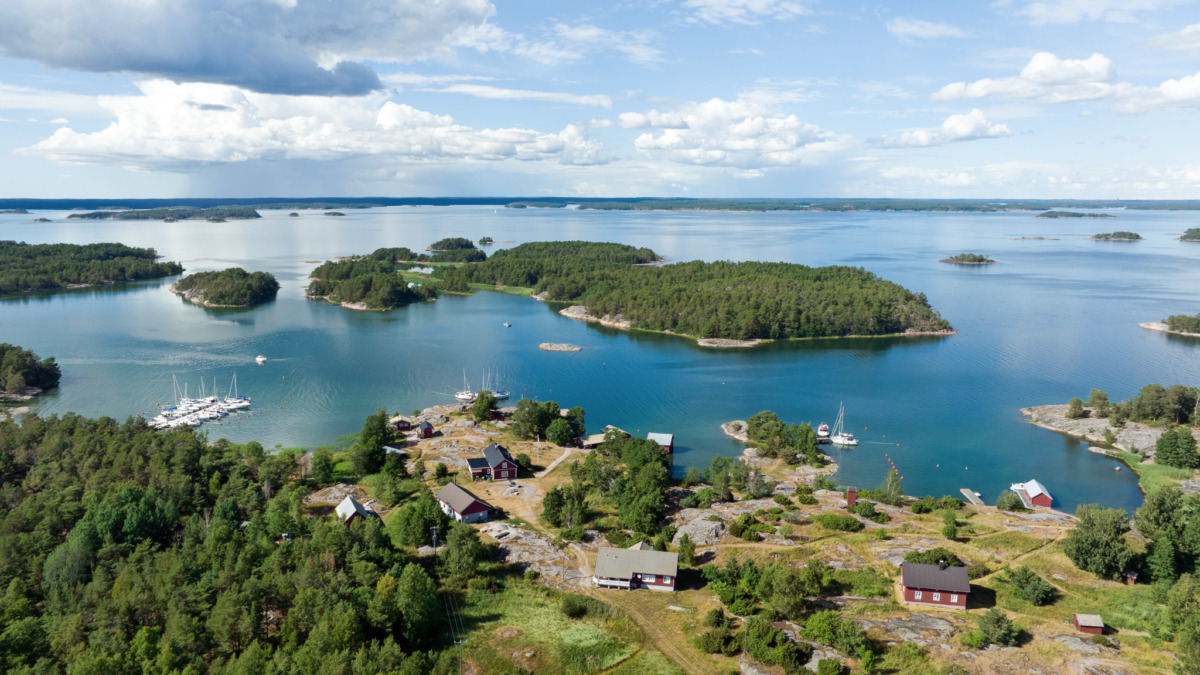
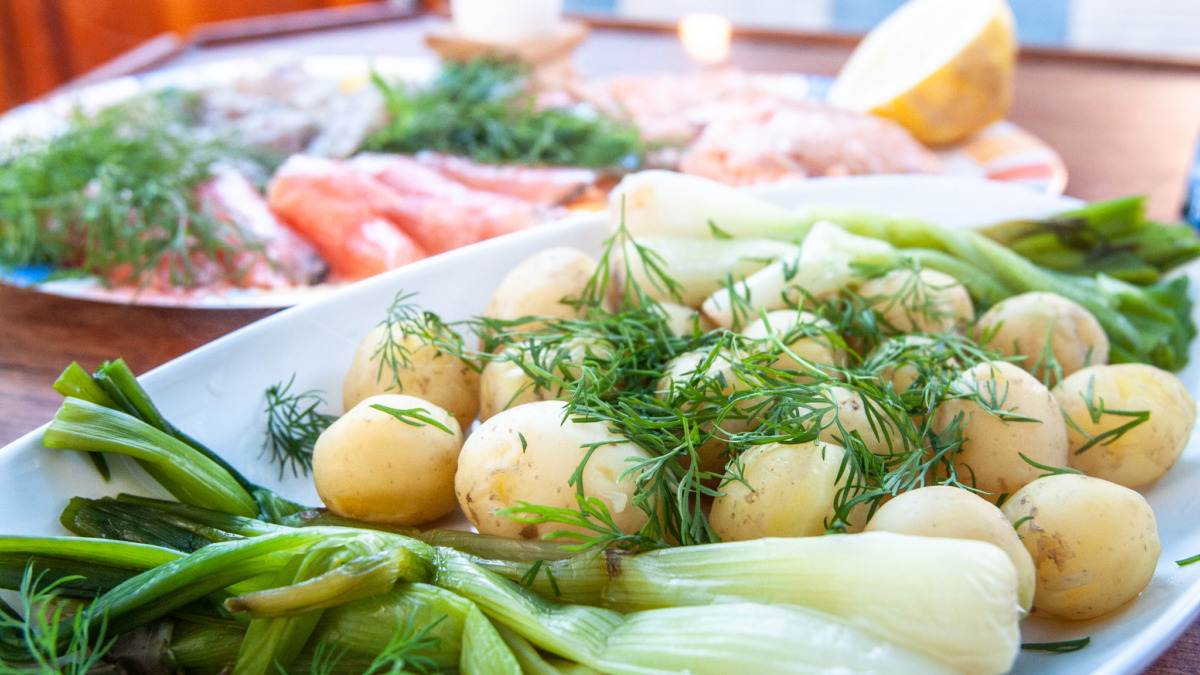
Eat sustainably – favour fish and plant-based foods
Although agriculture is one of the largest sources of pollution in the Baltic Sea, it can also be practised in a sustainable and environmentally friendly way. Following a diet favouring locally produced seasonal vegetables is good for you and the Baltic Sea. If you eat meat, favour meat from pasture-raised livestock. And by eating locally produced food, you also support local entrepreneurs.
You can help to reduce eutrophication by eating wild fish, such as cyprinoid fish caught in the Baltic Sea. The WWF Seafood guide contains many recommendations on fish you should or should not eat.
Also, remember that most unnecessary emissions come from food waste. So, eat what you buy and keep waste to a minimum.
Fish sustainably
Some of the Baltic Sea’s fish stocks have been endangered by overfishing. Its adverse effects are severe and not limited to declining fish stocks – they threaten entire marine ecosystems.
By fishing sustainably, you will protect Baltic Sea species and their habitats and safeguard the livelihoods of people who depend on fishing.
When you go fishing, remember these four essential rules of sustainable fishing:
1. Catching cyprinoid fish helps reduce eutrophication and makes tasty dishes when appropriately prepared.
2. Don’t fish for critically endangered species like eels or Baltic Sea cod.
3. Only catch full-size fish, and only take as many as you are going to eat. 4. Remove old fishing nets from the water and recycle them properly.
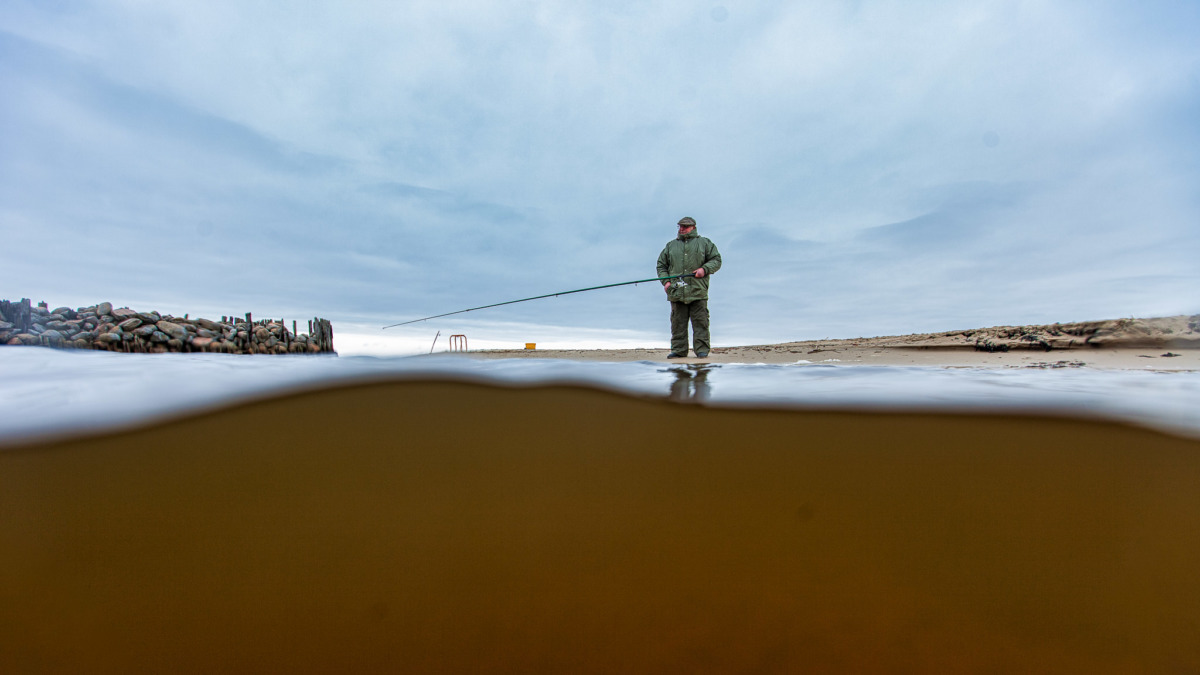
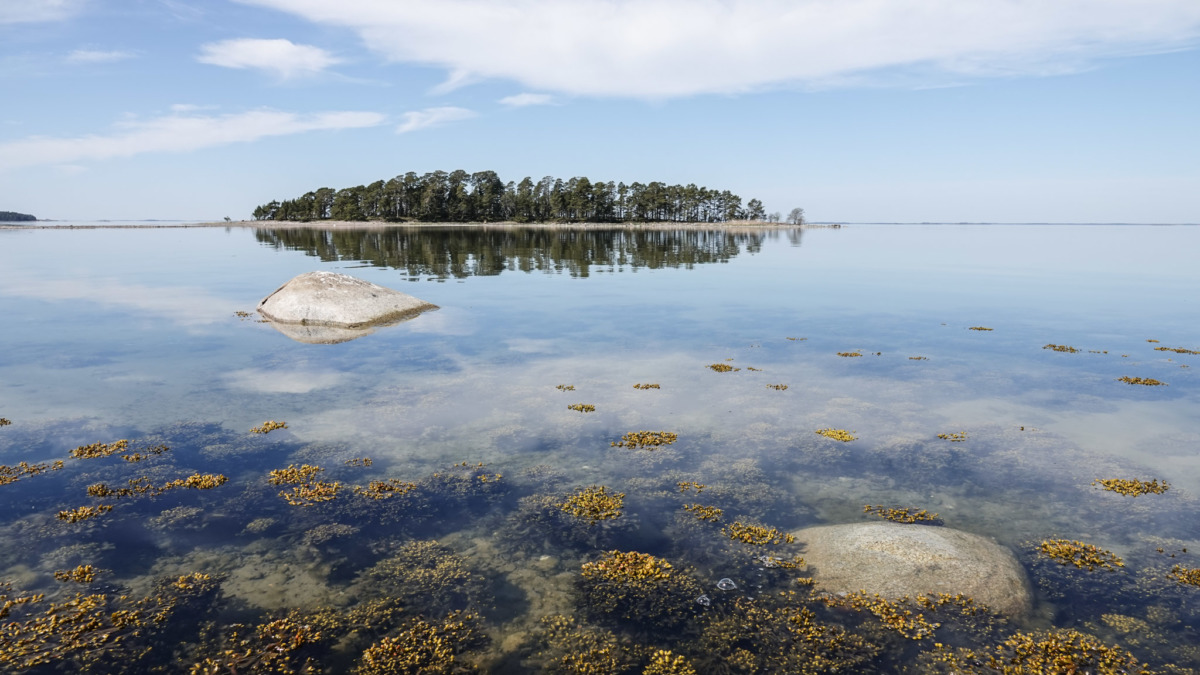
Don’t litter
Litter thrown onto the ground will often end up in waterways before too long, and in coastal areas, this usually means the Baltic Sea. A cigarette butt might seem insignificant, but it is one of the most common litters found in the Baltic Sea. Once in the sea, rubbish travels long distances and is ground into smaller particles that animals mistake for food.
It is easiest to stop this journey before it starts. Take your recycling to the recycling centre and put your rubbish in the bin. You can also try plogging – picking up litter while jogging – and despite its name, it’s also an excellent activity for walkers. Take a rubbish bag with you when you go for a jog or walk and pick up any litter you find.
Make sustainable consumer choices
All consumption impacts nature. Shopping affects the Baltic Sea in multiple ways. For example, consumption fuels climate change, which in turn worsens the state of the Baltic Sea in many ways.
Only buy something new when you really must. When you make a purchase, buy sustainable, repairable, and recyclable items – and then use them until they wear out. You should also favour sustainable materials, such as natural fibres, and reduce unnecessary chemicals in cosmetics, cleaning, and laundry. Remember that you can also make your own ecological detergents.
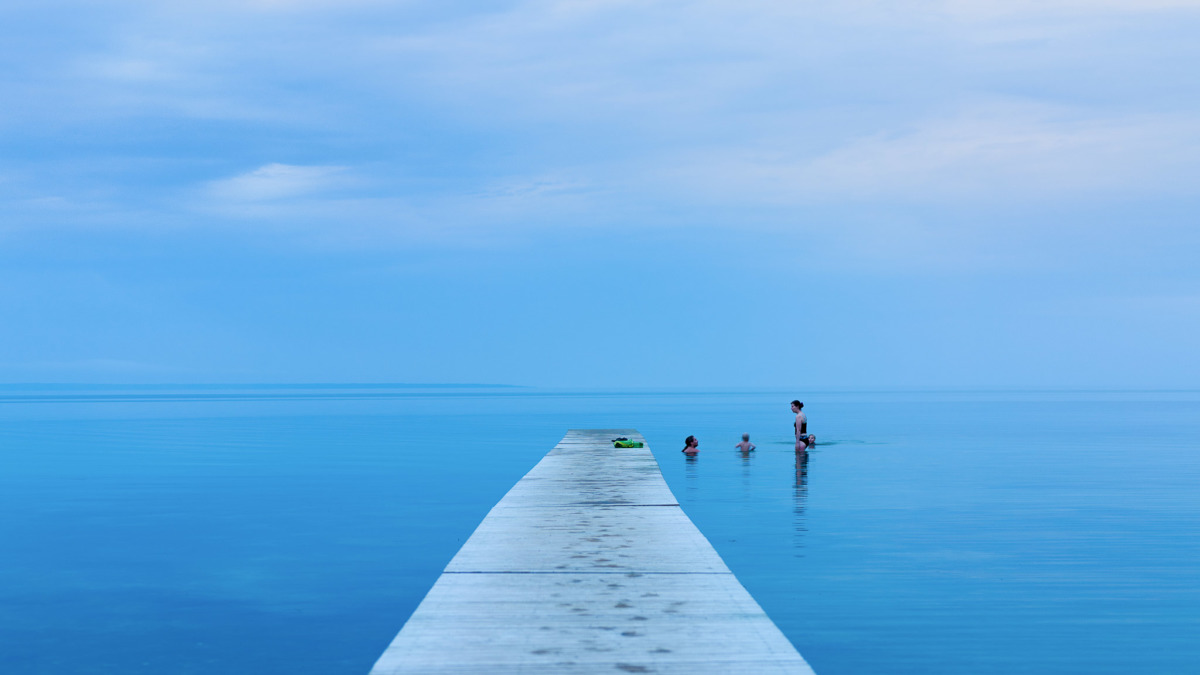
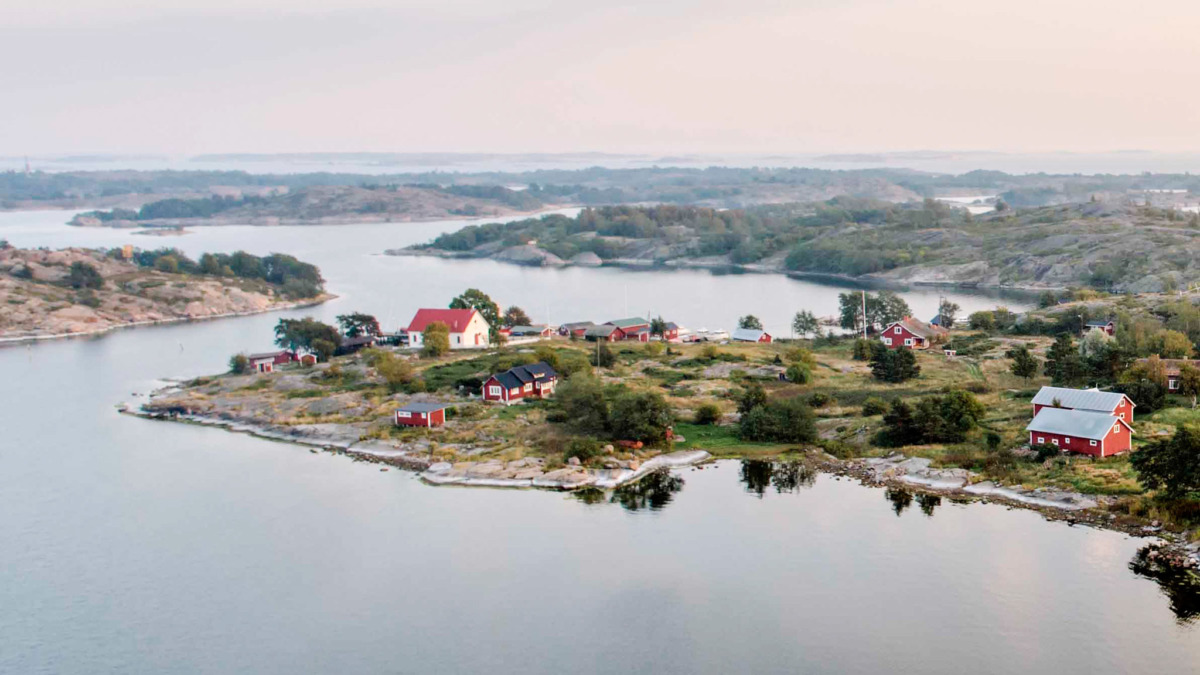
Holiday responsibly
Wastewater from summer cottages near bodies of water may get washed into the Baltic Sea. This wastewater contains eutrophicating nutrients and various hazardous chemicals that interfere with natural habitats and reproduction.
It is very important to treat wastewater properly at your summer cottage. Even small amounts of wastewater should not be discharged into bodies of water unless they will be absorbed into the ground a suitable distance from the shore. Read more about wastewater treatment on the joint website of Finland’s environmental administration. Dredging is occasionally necessary to allow boats to land. However, it can endanger the bladderwrack and blue mussels in coastal waters. You can help protect these species by carefully planning and carrying out your work in areas with few or no rare species. If many rare underwater species live along the shore, you should reconsider where to dredge and whether dredging is necessary.
Leave nature in peace
Be sure to follow the rules in all national parks and nature reserves. Keep to the paths, don’t trample plants, and leave animals in peace.
And when you’re boating, avoid causing noise and unnecessary waves.
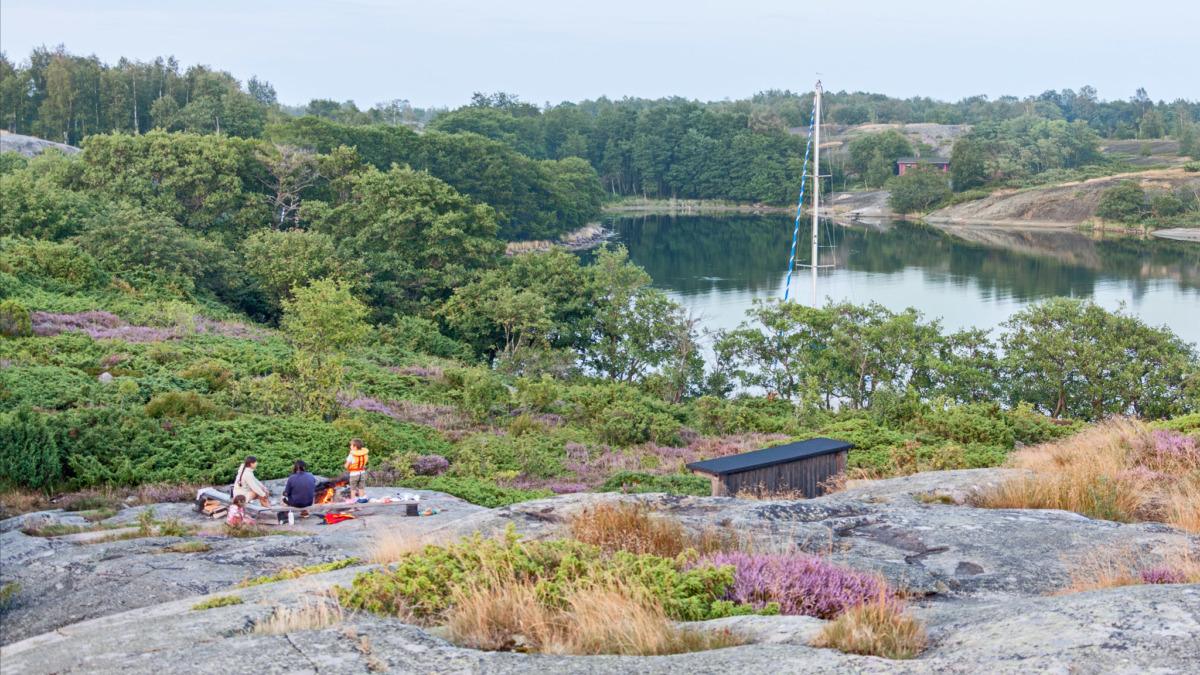
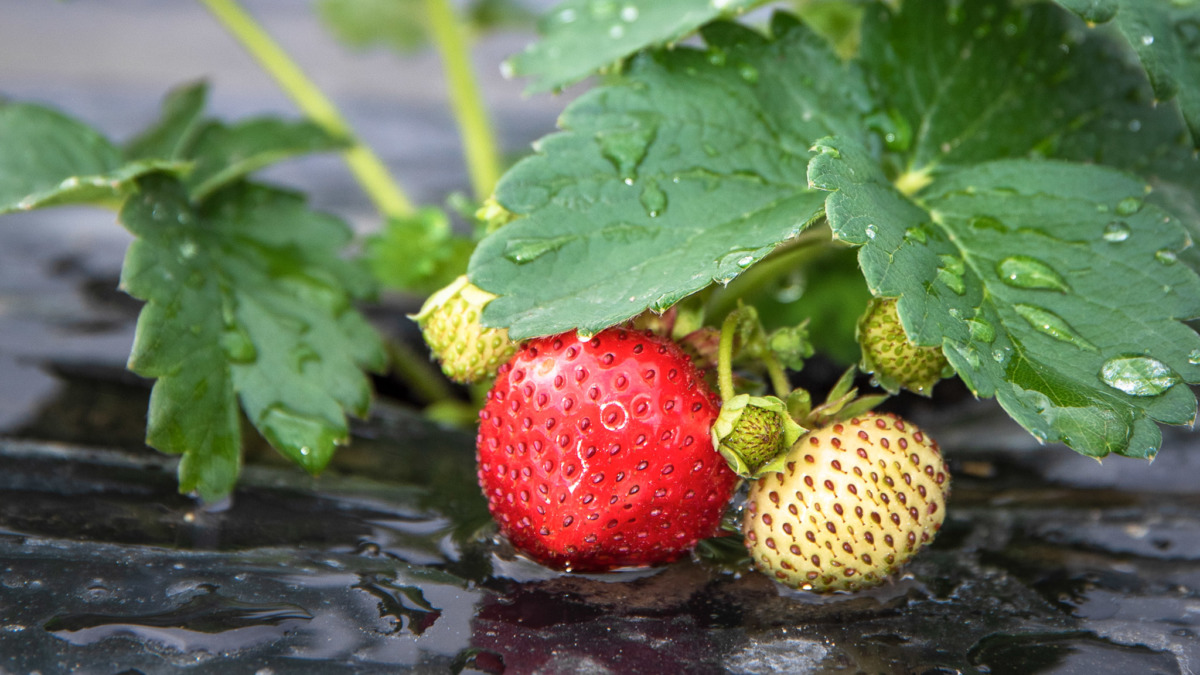
Carbon farming in cities and gardens
Ecological carbon farming is not just for professional farmers and rural areas. Anyone can start carbon farming and cultivate their gardens, lawns, flower beds or plots following regenerative farming principles.
Smart boating
Even small amounts of litter and dirty water cause harm to ecosystems, especially if more and more boaters succumb to indifference. Boat primers should be chosen carefully, as the most toxic antifouling paints harm all aquatic organisms. Non-toxic alternatives are also available, and every boater should favour them.
Instead of painting the bottom of your boat, you can also clean off unwanted barnacles and other organisms using a brush or pressure washer. You can find more information about the environmental impacts of boating on the Keep the Archipelago Tidy website.
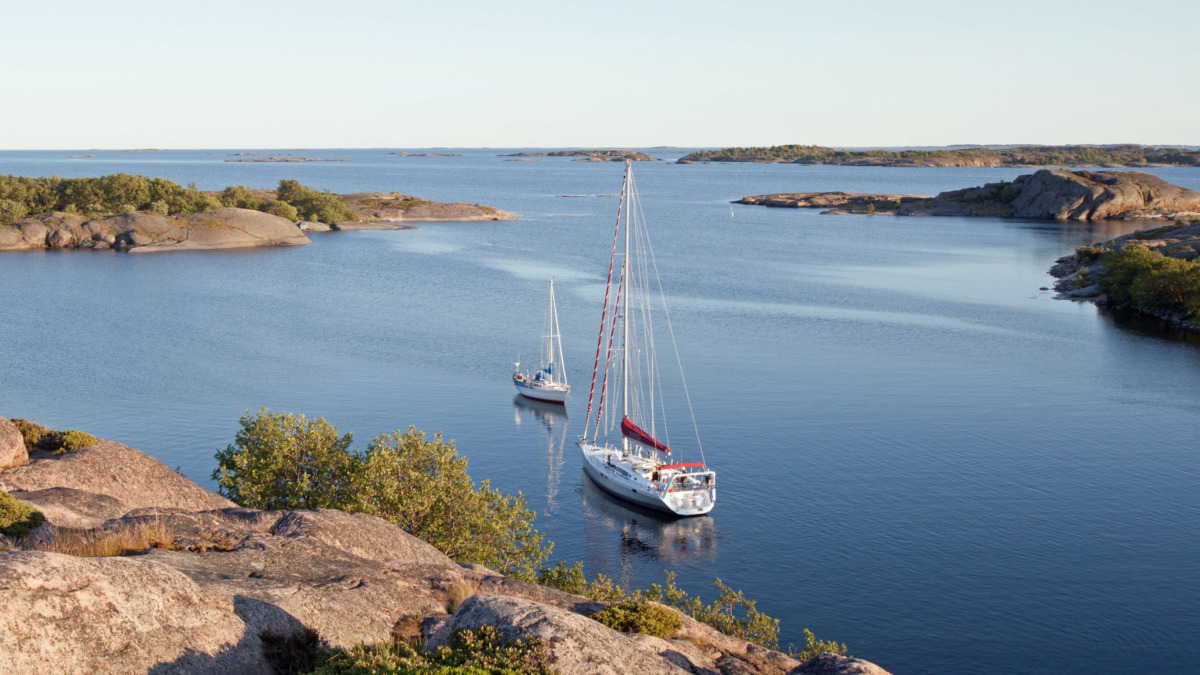
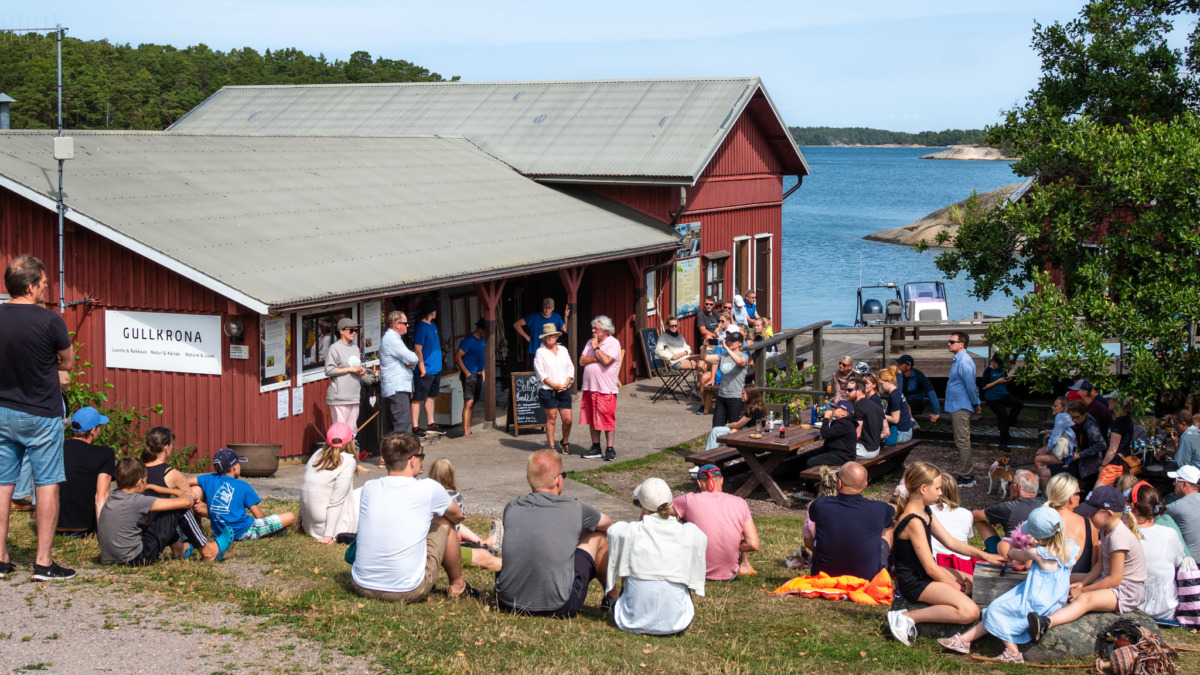
Discuss, influence and donate
No one can save the Baltic Sea alone. Eutrophication is intertwined with climate change and biodiversity loss – and we need everyone’s help to beat this massive environmental crisis.
Tell your friends and family about the beauty of the Baltic Sea, its problems and how we can solve them. You could even share these tips on how to help the Baltic Sea.
Insist that your municipal election candidate is both aware of the Baltic Sea’s problems and willing to do something about it.
One good way to protect the Baltic Sea is to help its helpers. Support Baltic Sea rescue efforts by donating to BSAG.
CONTACT US
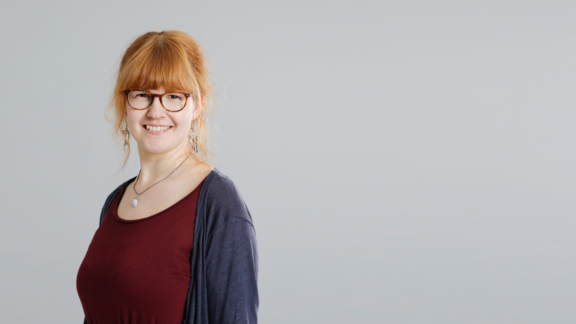
Anna Klemelä
Project Manager, Marine Biodiversity; Communications Specialist